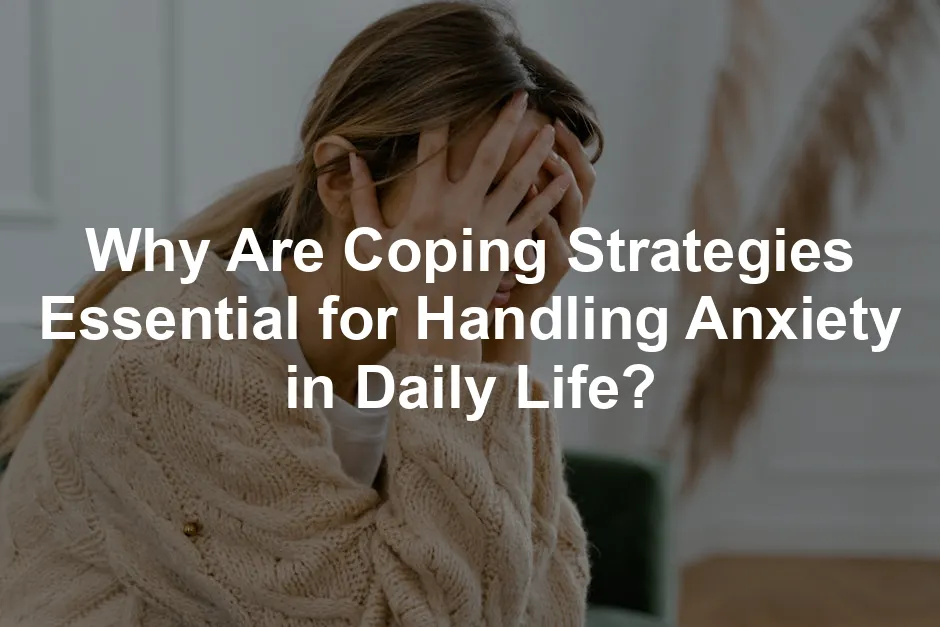
Why Are Coping Strategies Essential for Handling Anxiety in Daily Life?
Introduction
In our fast-paced world, anxiety has become the unwelcome guest in many lives. It lurks in the corners, waiting to pounce during high-pressure situations like deadlines or unexpected changes. Anxiety can feel like a runaway train, but fear not! Just as a well-maintained car requires regular check-ups, our mental health needs effective coping strategies to navigate the daily bumps of life.
Coping strategies are vital tools that help us manage anxiety. They offer a sense of control and stability, acting as a buffer against the chaos of everyday challenges. Whether you’re facing work-related stress, family obligations, or personal worries, having a game plan can make all the difference. These strategies can range from simple breathing exercises to engaging in physical activities or seeking social support.
Understanding the significance of coping strategies is crucial for everyone. They not only help us handle anxiety but also enhance our overall well-being. Instead of letting anxiety dictate our lives, we can combat it with practical, effective approaches. This article will delve into the importance of coping strategies, offering insights and practical solutions that can help restore a sense of calm and control. By the end, you’ll be equipped with tools to empower yourself against anxiety’s grip, allowing you to tackle life’s challenges with renewed confidence and resilience.

Summary
This article discusses the essential role of coping strategies in managing anxiety, emphasizing their importance for emotional resilience and overall well-being. We will examine various types of coping strategies—problem-focused, emotion-focused, and avoidance strategies—and their effectiveness in different contexts. Understanding how anxiety functions and how coping mechanisms can mitigate its effects is key to finding practical techniques like mindfulness, exercise, and social support. With a comprehensive overview of why these strategies are vital, readers will be encouraged to adopt healthier coping methods, transforming their daily lives and empowering them to face anxiety with confidence.
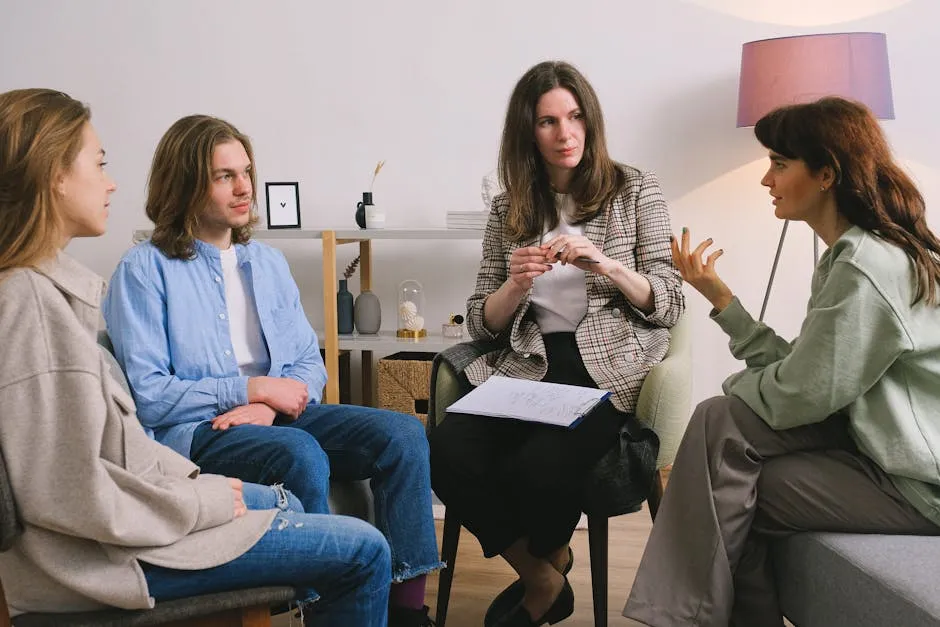
The Role of Coping Strategies
What Are Coping Strategies?
Coping strategies are methods we use to handle stress and anxiety in our lives. They play a vital role in maintaining mental health. Think of them as your emotional first aid kit. When life throws a curveball, these strategies help patch things up.
There are two main categories: healthy and unhealthy coping mechanisms. Healthy strategies—like exercising, journaling, or seeking support—help us manage stress effectively. On the flip side, unhealthy strategies—such as substance abuse or procrastination—can compound our problems. It’s essential to identify which strategies we lean on and steer towards healthier options.
One excellent way to kickstart a healthier mindset is by exploring Mindfulness Meditation for Beginners: A Guide to Finding Peace in a Chaotic World. This book provides a solid foundation for anyone looking to embrace mindfulness and reduce anxiety.

Types of Coping Strategies
Understanding the different types of coping strategies can empower you to handle anxiety more effectively. Let’s break it down into three main categories: problem-focused, emotion-focused, and avoidance strategies.
Problem-Focused Coping
Problem-focused coping involves taking direct action to address the source of stress. Techniques like time management, effective communication, and active problem-solving are key here. For instance, if work deadlines are looming, organizing tasks can alleviate that pressure.
Addressing the root cause of stress not only mitigates anxiety but also builds resilience. When we tackle stressors head-on, we feel more in control and capable of managing future challenges. This proactive approach can transform anxiety into motivation.
If you’re looking to enhance your emotional toolkit, consider picking up The Anxiety and Phobia Workbook. It’s a comprehensive guide that offers practical strategies for tackling anxiety head-on!

Emotion-Focused Coping
Emotion-focused coping centers on managing emotional responses to stressors rather than changing the stressor itself. Techniques like mindfulness, meditation, and emotional expression come into play here. These strategies help us regulate our feelings and foster emotional intelligence.
Practicing mindfulness can ground you in the present, reducing feelings of anxiety. Journaling emotions gives clarity and can lighten the emotional load. Emotion-focused coping teaches us that it’s okay to feel overwhelmed sometimes. It’s all about processing those feelings constructively.
For those who enjoy journaling, a Journaling Notebook for Self-Reflection can be the perfect companion. It encourages mindfulness and helps you reflect on your daily experiences.
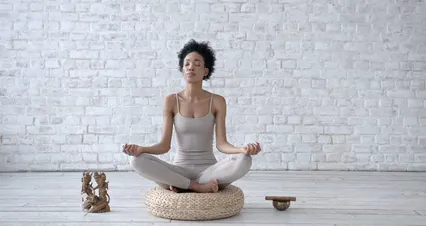
Avoidance Strategies
Avoidance strategies, while often tempting, can be detrimental in the long run. These include behaviors like binge-watching TV to escape stress or using substances to numb feelings. While they might provide temporary relief, they often lead to increased anxiety and unresolved issues.
Examples of unhealthy coping mechanisms include substance abuse, excessive procrastination, or isolating oneself from friends and family. Avoidance may seem like a quick fix, but it often exacerbates anxiety and leads to a cycle of stress. Understanding the pitfalls of avoidance can guide us back to healthier coping strategies.
One great way to combat avoidance is through physical activity. Consider investing in a Yoga Mat for Home Fitness. It’s perfect for practicing yoga or meditation at home, helping you stay active and centered.
Incorporating effective coping strategies into your daily routine can significantly enhance your ability to manage anxiety. By recognizing the various types of coping mechanisms and their implications, you can take charge of your mental well-being. So, next time stress creeps up, remember: you’ve got this!
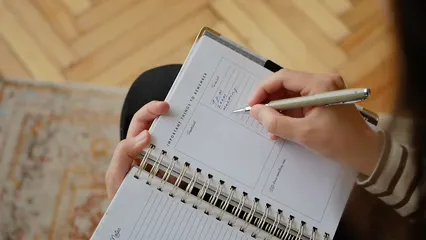
Practical Coping Strategies for Daily Life
Mindfulness and Meditation
Mindfulness is all the rage these days, and for good reason! It’s like giving your brain a mini-vacation while staying right where you are. Mindfulness techniques, such as meditation, help reduce anxiety by bringing your focus back to the present. Research suggests that practicing mindfulness can lower stress hormones, leading to a calmer mind and body.
To get started, try these simple exercises:
- Breathing Exercise: Sit comfortably. Inhale deeply through your nose for four counts, hold for four, and exhale through your mouth for another four. Repeat for five minutes.
- Body Scan: Lie down and focus on each part of your body, starting from your toes to your head. Notice any tension and consciously relax those areas.
- Five Senses Exercise: Take a moment to identify five things you can see, four things you can touch, three sounds you can hear, two smells, and one taste.
These exercises are quick, easy, and can be done anywhere—yes, even in a crowded subway!
For those looking to enhance their meditation experience, a Meditation Cushion for Comfort can make all the difference. It provides the perfect support for prolonged meditation sessions.
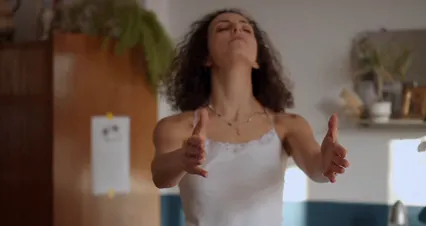
Physical Activity
Exercise is not just about fitting into your favorite jeans; it’s a powerful antidote to anxiety. When you engage in physical activity, your body releases endorphins, the feel-good hormones. This natural high can help reduce the symptoms of anxiety and improve your mood. For more insights on how physical activity affects our bodies, you can explore why we notice more pins and needles sensations during physical activity.
Understanding the physical effects of exercise can enhance your coping strategies. why we notice more pins and needles sensations during physical activity
Here are some activities to consider:
- Walking or Jogging: Easy to fit into a busy schedule. Try a brisk walk during lunch or a jog after work.
- Yoga: Combines physical movement with mindfulness, making it a double whammy for stress relief.
- Dance: Turn up your favorite tunes and dance like nobody’s watching. It’s fun and a fantastic way to shake off anxiety.
Aim to include some form of exercise in your daily routine. Even short bouts of activity can make a big difference!

Social Support
Feeling anxious? Don’t go it alone! Building and maintaining strong relationships can be a lifeline during stressful times. Having a supportive network provides emotional comfort and practical assistance.
Here are tips to foster a supportive environment:
- Reach Out: Don’t hesitate to call a friend or family member when feeling overwhelmed. Sharing your thoughts can lighten the load.
- Join a Group: Whether it’s a book club or a sports team, engaging with others helps combat loneliness and build connections.
- Be Supportive: Offer your support to others. Helping friends can make you feel more connected and fulfilled.
Remember, support goes both ways, and nurturing these relationships is vital for managing anxiety. And speaking of support, consider adding some Essential Oil Diffuser to your space. It creates a calming atmosphere, making it easier to unwind and connect with loved ones.

Cognitive Behavioral Techniques
Cognitive Behavioral Therapy (CBT) is a powerful tool for reshaping how we think about our worries. It focuses on identifying negative thought patterns and challenging them. This approach can help you break the cycle of anxiety.
Here’s how to implement some practical CBT exercises:
- Thought Records: Write down negative thoughts you have throughout the day. Challenge their validity and replace them with more balanced thoughts.
- Behavioral Activation: Plan enjoyable activities to engage in regularly. This can help lift your mood and reduce anxiety.
- Exposure Exercises: Gradually face your fears in a controlled manner, starting with less anxiety-provoking situations before moving to more challenging ones.
These techniques can help you gain control of your anxious thoughts and replace them with a more positive mindset. And if you need some guidance, a good book on this subject is The Body Keeps the Score: Brain, Mind, and Body in the Healing of Trauma. It’s a must-read for anyone looking to delve deeper into mental health.
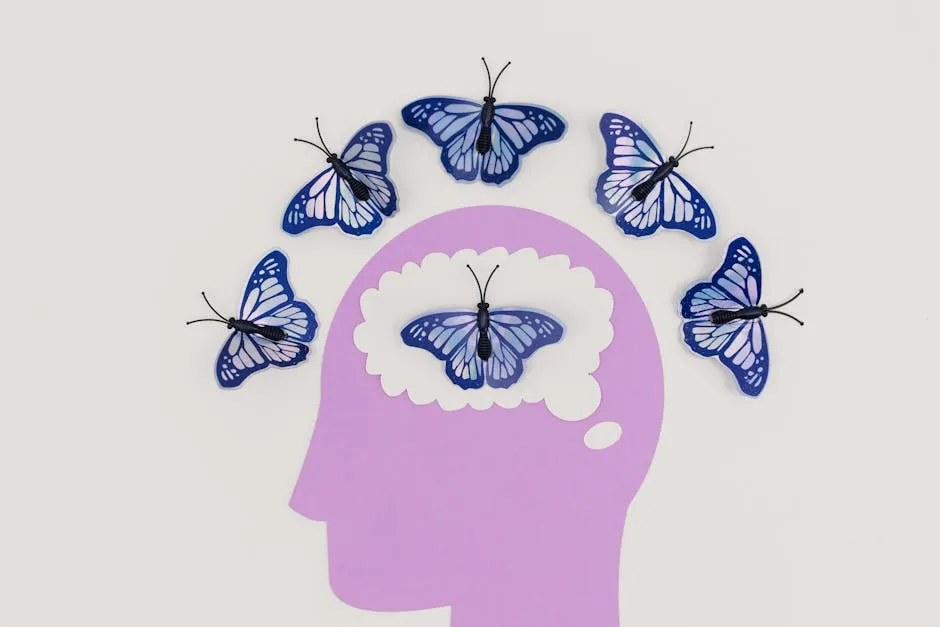
Journaling and Self-Reflection
Writing can be a powerful form of self-expression and an effective tool for clearing your mind. Journaling allows you to process emotions, reflect on experiences, and track your progress in managing anxiety.
To get started, try these prompts:
- Daily Gratitude: Write down three things you are grateful for each day. Focusing on the positive can shift your mindset.
- Feelings Log: Document your feelings when you experience anxiety. Identify triggers and patterns to better understand your emotional responses.
- Goal Setting: Write down your goals for the week, along with steps to achieve them. This can provide direction and motivation amidst anxiety.
Regular journaling can provide clarity and emotional release, helping you feel more grounded in your daily life. If you’re looking for a structured approach, check out a Guided Journal for Mental Wellness. It can help you stay focused and motivated!

When to Seek Professional Help
Navigating anxiety can sometimes feel like walking a tightrope. While coping strategies are essential tools for managing everyday stress, there are times when these methods might not suffice. Knowing when to seek professional help is crucial for maintaining mental health. Here are some indicators that coping strategies may not be enough.
First, if anxiety significantly impacts your daily life, such as hindering your ability to work, socialize, or engage in self-care, it might be time to consult a professional. Similarly, if you find yourself using unhealthy coping mechanisms, like substance abuse or excessive avoidance, these are red flags. Persistent feelings of hopelessness or overwhelming anxiety signals a deeper issue that warrants expert attention.
Therapeutic options abound for those grappling with anxiety. Cognitive Behavioral Therapy (CBT) is a popular choice, helping individuals identify and change negative thought patterns. Studies show that CBT can have lasting effects on anxiety levels, making it a go-to option. Medication is another avenue, with various prescriptions available, such as SSRIs and benzodiazepines. Consulting a psychiatrist can help determine the best course of action tailored to your needs.
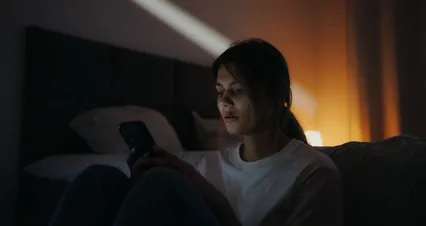
It’s vital to remember that reaching out for help is not a sign of weakness; rather, it demonstrates strength and self-awareness. The stigma surrounding mental health can deter many from seeking assistance. However, reducing this stigma starts with open conversations about mental health struggles. By normalizing the act of seeking support, we pave the way for a more compassionate society where mental wellness is prioritized.
In conclusion, recognizing when to seek professional help is a vital step in managing anxiety. Whether through therapy, medication, or community support, taking this step can significantly improve your quality of life. Don’t hesitate to reach out; your mental health deserves attention and care. For more information on the importance of seeking help, check out why seeking professional help is crucial for managing bruxism in the coming months.
Understanding when to seek professional help can greatly impact your mental health. why seeking professional help is crucial for managing bruxism in the coming months

Conclusion
Coping strategies are not just tools for managing anxiety; they are essential for maintaining mental health and emotional well-being in everyday life. By understanding the different types of coping mechanisms and implementing effective strategies, we can empower ourselves to face life’s challenges with resilience and confidence. It’s crucial to remember that seeking help is a sign of strength, and incorporating professional support into our coping toolbox can significantly enhance our ability to manage anxiety.
Let’s prioritize our mental health and embrace the journey towards a calmer, more balanced life. When we actively engage in healthy coping strategies, we build a robust framework for emotional resilience. This not only helps us navigate daily stressors but also prepares us for life’s bigger challenges. By fostering connections, practicing mindfulness, and maintaining a healthy lifestyle, we create a supportive environment for ourselves and those around us.
In the face of anxiety, remember: you’re not alone. Countless resources and support systems are available to help you thrive. Embrace the journey of self-discovery and self-care, and don’t shy away from seeking help when needed. Together, we can cultivate a world where mental health is prioritized, and coping strategies are celebrated.
FAQs
What are coping strategies?
Coping strategies are techniques we use to manage stress and anxiety. They can be classified into two main types: healthy and unhealthy. Healthy strategies include problem-solving, mindfulness, and seeking support, while unhealthy ones might involve avoidance or substance abuse. Using effective coping methods helps us navigate life’s challenges and maintain emotional balance.
How do I know if I need coping strategies?
If you frequently feel overwhelmed, anxious, or unable to manage stress, it might be time to consider coping strategies. Signs include irritability, difficulty concentrating, physical symptoms like headaches, or social withdrawal. Recognizing these signs is crucial for taking proactive steps to enhance your mental well-being.
Can coping strategies replace therapy?
While coping strategies are helpful, they shouldn’t replace professional therapy. They are best used as complementary tools alongside therapy. A mental health professional can provide tailored guidance and support, helping you develop effective coping skills while addressing underlying issues.
What is the most effective coping strategy for anxiety?
Evidence suggests that mindfulness and cognitive-behavioral strategies are among the most effective for managing anxiety. Mindfulness practices, like meditation, help ground you in the present, while cognitive-behavioral techniques assist in reshaping negative thought patterns. Finding what works best for you may involve experimenting with various approaches.
How can I implement coping strategies into my daily routine?
Integrating coping strategies can be simple. Start with small changes, like setting aside time for mindfulness or journaling. Establish a daily routine that includes physical activity and social connections. Remember, consistency is key. Over time, these strategies will become natural parts of your day, enhancing your ability to cope with stress and anxiety.
Please let us know what you think about our content by leaving a comment down below!
Thank you for reading till here 🙂
All images from Pexels




